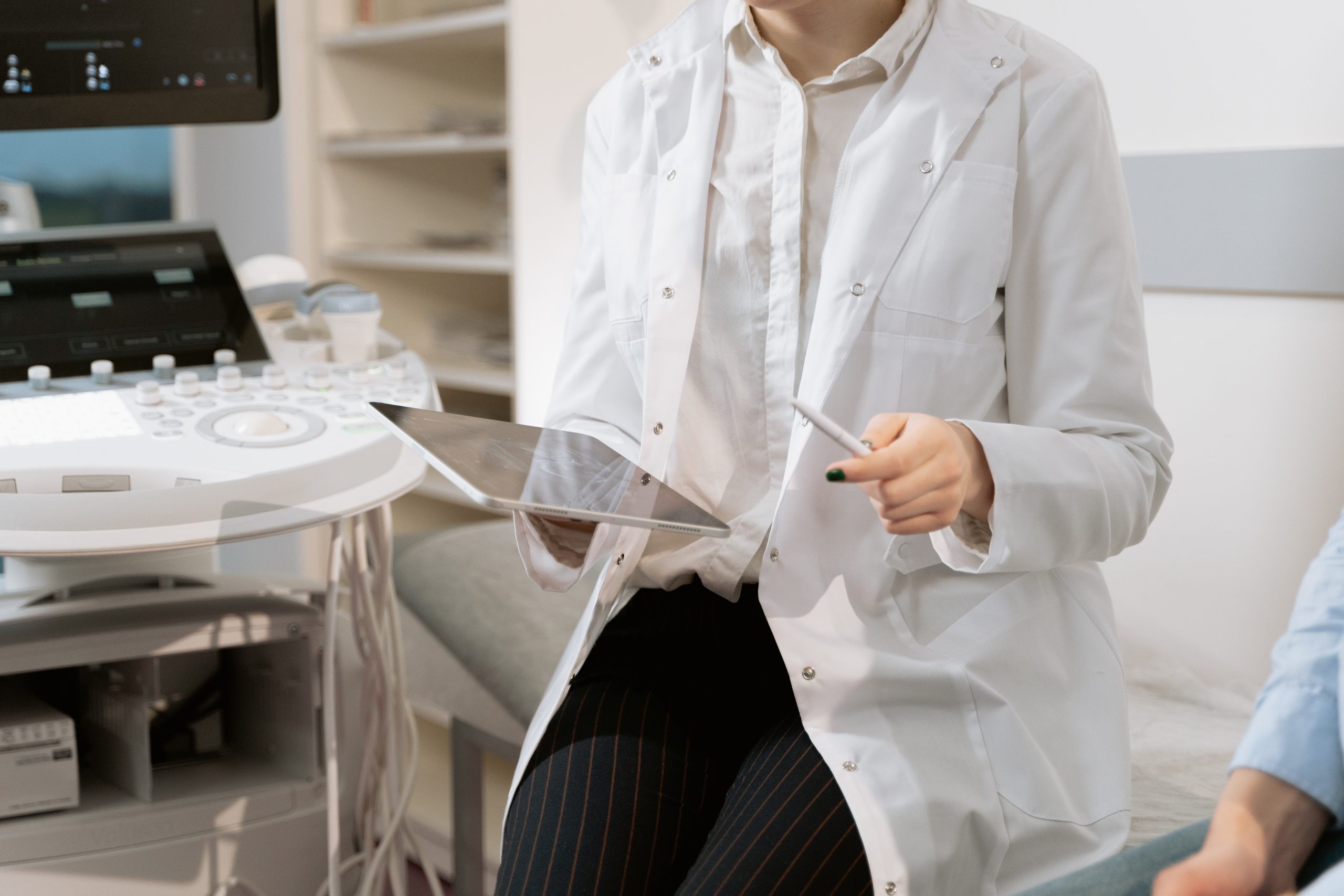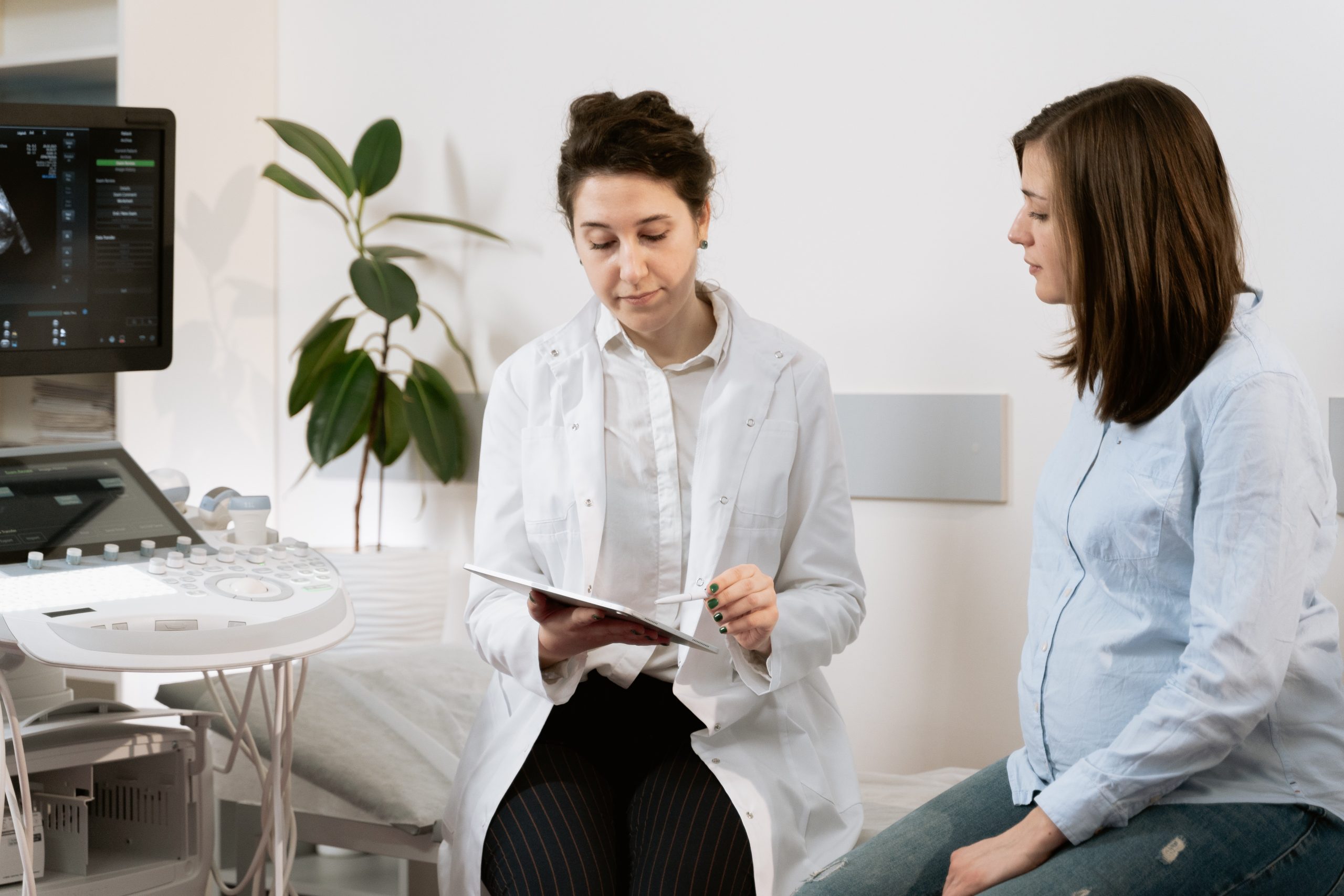Treatment During COVID-19
What is COVID-19?
How is a person tested for
COVID-19?
Will COVID-19 affect my pregnancy?
Although data is limited, there is no evidence of direct negative effects of COVID-19 in pregnancy in terms of vertical transmission to the fetus in utero or subsequent birth defects. There is no definitive evidence that SARS-CoV-2 crosses the placenta and infects the fetus. An increase in congenital anomalies has not been reported. Reports of COVID-19 in the neonate have generally described mild disease. There also does not seem to be an increase in miscarriages associated with COVID-19.
- age >35 years,
- obesity,
- hypertension, and
- preexisting diabetes.
Pregnant women, especially those who develop pneumonia, appear to have increased frequency of preterm birth (birth before 37 weeks of gestation) and cesarean delivery, which is likely related to the severity of maternal illness.
The complete impact of COVID-19 on pregnancy, including both risks to mother and baby are still unknown. However, pregnant women are cautioned to be extra vigilant in protecting against contracting COVID-19 as high fevers can be associated with an increased risk of early delivery and complications during delivery. Fortunately, there are also reports of women who have tested positive for COVID-19 delivering babies free of the disease.
There are currently no medical recommendations from professional bodies and health authorities to avoid conceiving completely. We encourage you to make your own choice regarding your comfort in proceeding during the current environment. Pregnancy-related risks associated with SARS-CoV-2 have not been well-established. Limited evidence suggests that pregnancy-related risks are not high or substantially above the risk associated with other conditions or exposures that are fairly common among pregnant women, and pregnancy-related risks can be reasonably minimized or mitigated by standard prevention measures.
If you are worried about potential concerns in pregnancy, you have the option of delaying the start of your treatment cycle (or freezing all of your embryos and postponing transfer) until the situation resolves.
Will RFP be taking enhanced precautions to ensure my safety during treatment?
- Enhanced cleaning procedures after every patient,
- Modification to scheduling routines to maximize physical distancing,
- Rigorous screening of all staff and patients presenting to the facility,
- Adequate supply of personal protective equipment for both staff and patients, and
- Limiting our visitor policy.
What will happen if I am unable to complete my treatment?
Should you need to cancel your treatment due to COVID-19 or for any reason, you will only be responsible for the cost of treatment up to that point. You will not be penalized for services that have not been rendered.
You will not be penalized for services that have not been rendered. A pro-rated cost for treatment completed to-date will be calculated and the balance will be refunded (subject to 2.5% processing fee) or kept in full as a future credit (no processing fee). You will not have a time limit to use up these credit funds. You will be responsible to purchase any additional medication to replace the used amounts.
If RFP’s ability to provide care is interrupted for unforeseen reasons, RFP will prioritize re-starting your treatment cycle as soon as we are able to do so safely. You will not be responsible for additional treatment fees to re-start the cycle as these will be covered by RFP. You will be responsible to purchase any additional medication to replace the used amounts.


